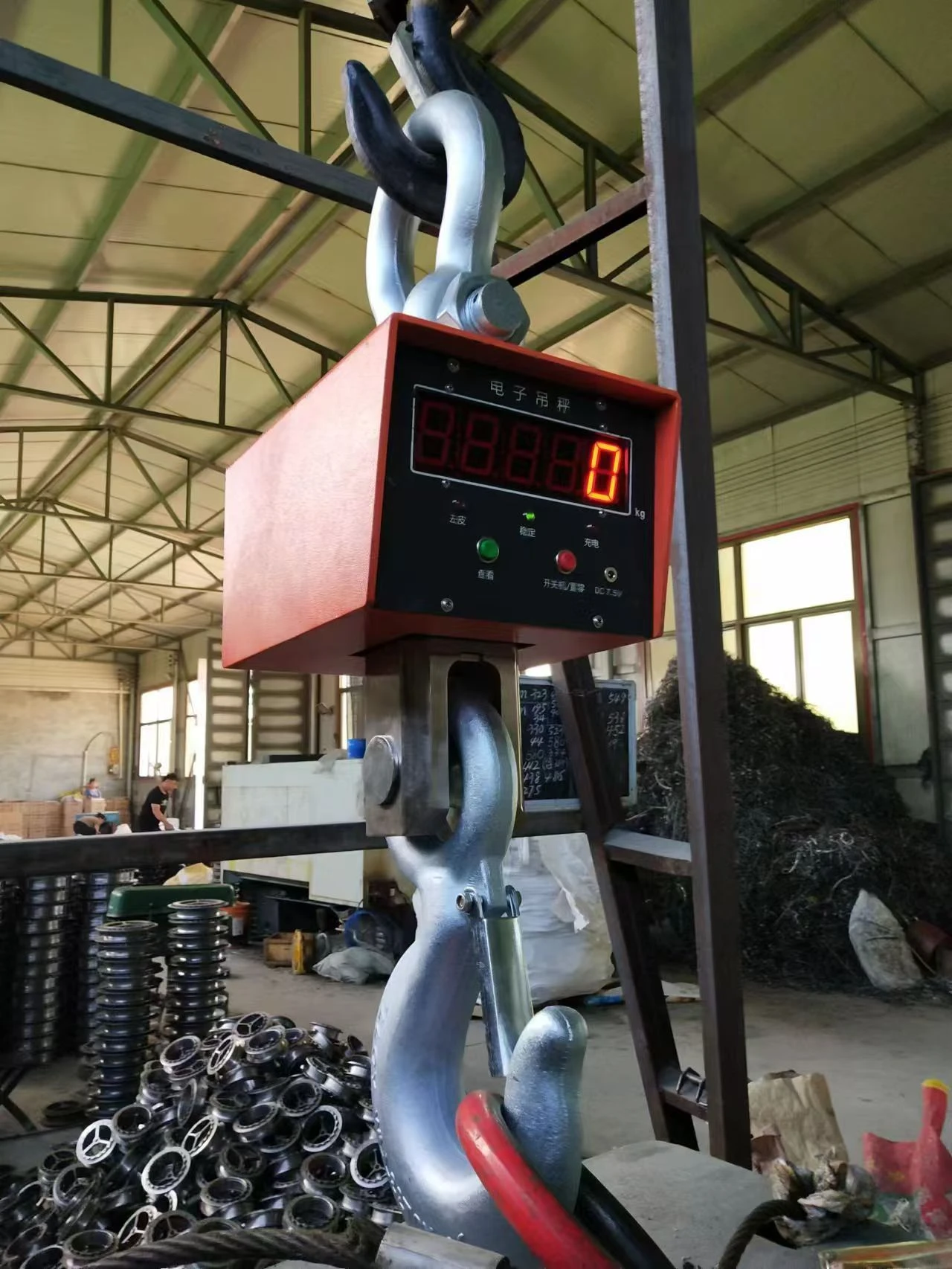


Understanding the Different Types of Pallet Trucks
Pallet trucks, also known as pallet jacks, are essential tools in warehouses, manufacturing facilities, and retail environments. They are designed to lift and move pallets, enhancing the efficiency of material handling processes. Different types of pallet trucks are available, each tailored for specific functions and requirements. In this article, we will explore the most common types of pallet trucks and their unique features.
1. Manual Pallet Trucks
Manual pallet trucks are the simplest and most commonly used type. They consist of a framework with two fork arms that slide under the pallet. The operator manually pumps a handle to lift the pallet off the ground, allowing for easy transportation. These trucks are ideal for short-distance movements and are often used in small warehouses or retail settings where electric trucks may not be justified due to low volume.
Advantages - Low cost and maintenance - Great for small operations - Easy to use and maneuver
Disadvantages - Labor-intensive for large loads or long distances - Limited lifting capacity compared to electric models
2. Electric Pallet Trucks
Electric pallet trucks, or powered pallet jacks, offer a significant upgrade over manual models. Equipped with an electric motor, these trucks can lift and move pallets with minimal physical effort from the operator. They are often utilized in larger warehouses and distribution centers where efficiency and speed are crucial.
Advantages - Reduces physical strain on operators - Ideal for larger loads and longer distances - Increases efficiency and productivity
Disadvantages - Higher initial cost - Requires charging and maintenance of batteries
3. Heavy-Duty Pallet Trucks
Heavy-duty pallet trucks are specifically designed to handle large and heavy loads that standard pallet trucks cannot accommodate. They feature reinforced frames, sturdier wheels, and enhanced lifting capacity. These trucks are commonly found in industries such as manufacturing and construction, where the handling of heavy materials is routine.

Advantages - Can handle substantially heavier loads - Built for durability and longevity - Often designed with specialized features for industrial use
Disadvantages - Generally more expensive - May be less maneuverable in tight spaces
4. Stainless Steel Pallet Trucks
For industries that require stringent hygiene standards, such as food processing and pharmaceuticals, stainless steel pallet trucks are the ideal choice. These trucks are constructed from corrosion-resistant materials, making them easy to clean and sanitize. They can safely transport materials in environments that demand cleanliness.
Advantages - Corrosion-resistant and easy to clean - Suitable for environments with strict hygiene standards - Durable and resilient
Disadvantages - Higher cost compared to standard models - Heavier, which may reduce maneuverability in some scenarios
5. Low-Profile Pallet Trucks
Low-profile pallet trucks are designed for specialty pallets that have minimal clearance. These trucks have a lower profile, allowing them to slide under pallets that traditional pallet jacks cannot reach, making them ideal for specific applications such as transporting goods from manufacturing lines.
Advantages - Specially designed for low-clearance pallets - Increases flexibility in material handling - Enhances safety by reducing lifting height
Disadvantages - Limited lifting capability - Not suitable for standard pallets
Conclusion
Choosing the right type of pallet truck is essential for maximizing efficiency and safety in any material handling process. Understanding the unique features and benefits of each type will help businesses select the most suitable equipment for their operational needs. Whether opting for a manual model for small tasks or a heavy-duty electric truck for larger applications, the right pallet truck can significantly enhance productivity and streamline workflow in various industries.



